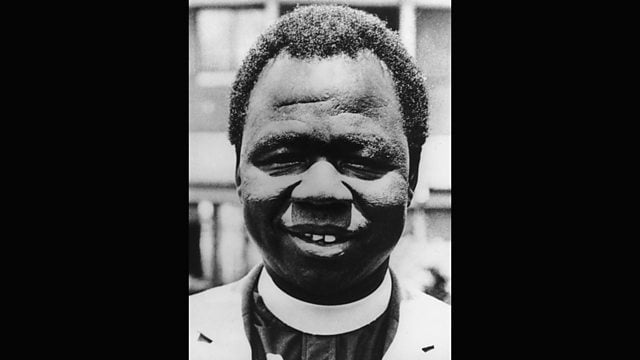Importance of Janani Luwum Day

Daniel Omara Atubo
What you need to know:
- The most important human right is the right to life which is sacrosanct and granted by God but not the state or any human being. The right to life must never be violated but must be respected and protected at all costs. All other rights and freedoms exist so that a person can happily enjoy the right to life.
As we are all aware, Archbishop Luwum was brutally killed by president Idi Amin, then military ruler of Uganda. According to Amin, Luwum and others were plotting to overthrow his military junta. The trial and sentencing of Luwum did not go through any known due legal process. After Luwum was killed, Amin tried to cover it up by claiming that the archbishop died in a road accident. The whole world was horrified. The innocent blood of Luwum triggered a process of the collapse of Amin’s bloody regime
The courage exhibited by Archbishop Luwum and the other Church of Uganda Bishops by openly condemning the government of Amin for killing innocent Ugandans must be strongly applauded. To survive, Archbishop Luwum could simply have kept quiet but as the top leader of the Church of Uganda he chose the risky path to speak out against the evil of the military junta which had been abusing human rights since the bloody coup of 1971.
The most important human right is the right to life which is sacrosanct and granted by God but not the state or any human being. The right to life must never be violated but must be respected and protected at all costs. All other rights and freedoms exist so that a person can happily enjoy the right to life.
There are broadly two categories of churches and their leaders in Uganda today. The first category are those who are independent, principled and preach the words of God truthfully and without fear. They are not compromised by the state or by powerful individuals. They are not materialistic. During elections, they guide their believers on how to exercise their rights to vote freely and fairly for good leaders. The church leaders do not campaign for a particular party or candidate. Since Independence in 1962, Bishops of the Catholic Church in Uganda have issued very good Pastoral Letters to guide the people of Uganda in every general election.
The second category of churches and their leaders are those closely associated with the state and political leaders. During elections they openly pray for and campaign for election of particular candidates and their parties. They are also dependent on donations from the state and political leaders.
The ideal role of the church in the affairs of the state should be mutual respect and harmony. The church should be the voice of the voiceless. The church and their leaders should never be compromised nor misused by the state and politicians to promote their power greed. Donations by the state and political leaders to churches are welcome but should not be misused to silence religious leaders.
Janani Luwum Day should be a day to reflect on the state of human rights in the country and to tell the state and its leaders never to kill. Human rights and freedoms should be treated holistically and in totality. Churches should not pretend to enjoy religious freedom while other rights such as political and press freedoms are lacking or being abused. The great sacrifice that Archbishop Janani Luwum made with his own life should not be hijacked nor exploited for the selfish benefit of any leaders, institutions and organizations but should be for the good of all Ugandans.
The current problems in the governance of Uganda which the churches and their leaders must address and courageously speak against include abuse of human rights and freedoms, corruption, poverty, nepotism, suppression of opposition, wiping out political parties, gross disparity in teachers’ salaries, abduction, militarism and rigging elections. By doing so, the celebration of Luwum Day will be greatly meaningful.
Daniel Omara Atubo, lawyer / former minister & MP-Otuke.




